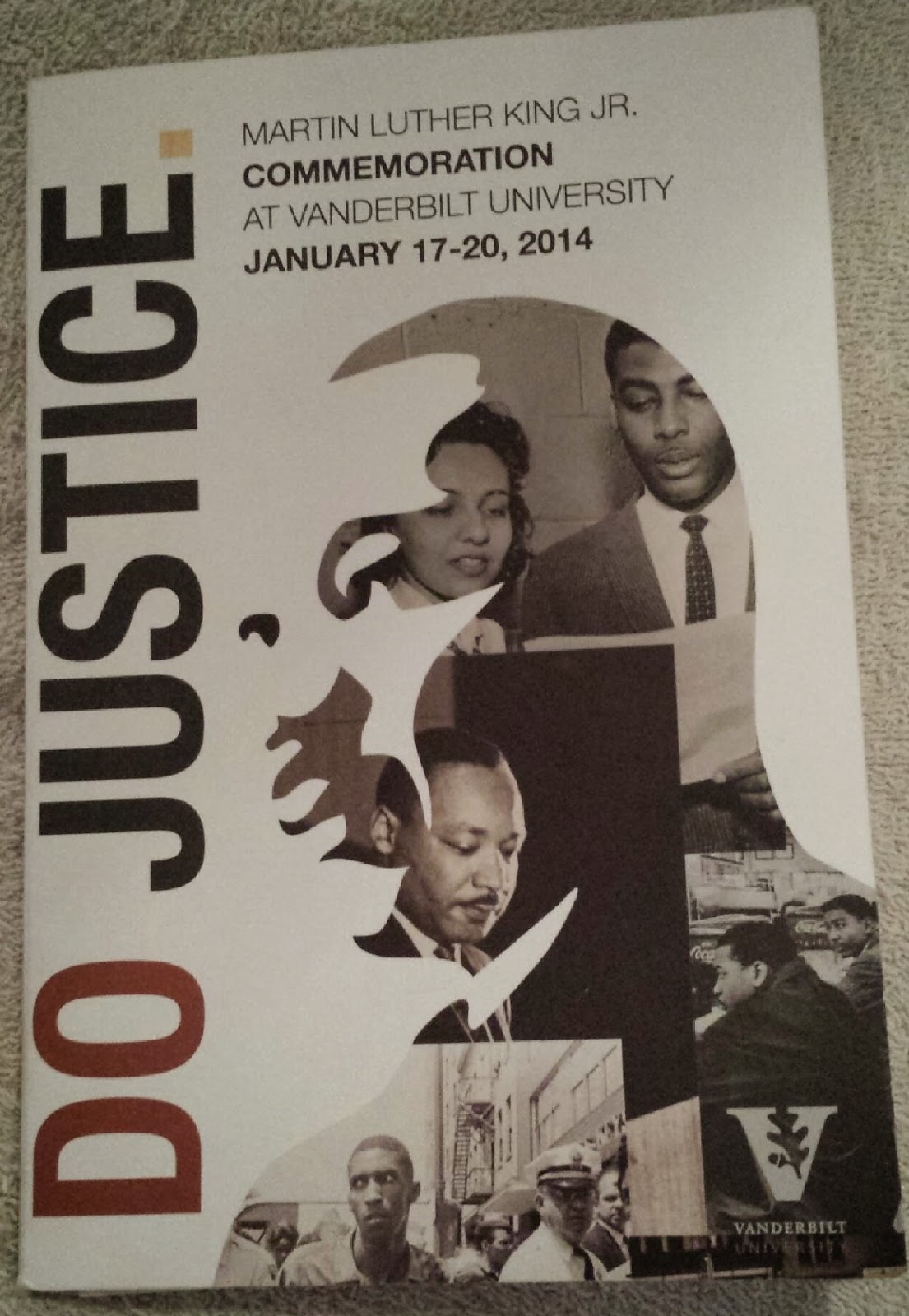 So
it took me so long to finish part two of this blog because I was trying hard
not to make it sound like a research paper.
Very hard to do when research papers have pretty much been your life for
the last three to four years. The second
point of Danny Glover’s session at Vanderbilt on which I picked up was his
mention of President Jefferson’s stance on corporations undermining
democracy. Jefferson himself was a slave
owner who thought the notion of owning slaves was immoral. Yet he freed very few slaves from his two
plantations.
So
it took me so long to finish part two of this blog because I was trying hard
not to make it sound like a research paper.
Very hard to do when research papers have pretty much been your life for
the last three to four years. The second
point of Danny Glover’s session at Vanderbilt on which I picked up was his
mention of President Jefferson’s stance on corporations undermining
democracy. Jefferson himself was a slave
owner who thought the notion of owning slaves was immoral. Yet he freed very few slaves from his two
plantations.
At
the time, slavery was used to grow and produce the institution of agriculture
and created many organizations which thereafter became corporations. Much like James Madison, Jefferson believed
that given the chance, corporations could become too big and override the
societies that gave rise to them. What
would Dr. Martin Luther King, Jr. say about corporations
today? He’d probably say some of the
same things that the Occupy Wall Streeters were saying in that the greed of
corporations and the wealthiest one percent are disrupting the democracy of
this country.
Democracy,
plainly defined, is a form of government by which people choose leaders through
voting. However, if you can buy a
congressman’s or a senator’s vote by throwing insane amounts of money behind immoral
causes, does voting by the people really count? How does capitalism
hurt America?
It
is without question that the capitalistic system in America must be transformed. I recently read an article that mentioned
four books that address radical and practical alternative visions for both the
workplace and the economy more generally:
Rick Wolff’s Democracy at
Work: A Cure for Capitalism (2012),
David Schweickart’s After Capitalism
(2011), Gar Alperovitz’s America Beyond
Capitalism: Reclaiming Our Wealth, Our
Liberty and Our Democracy (2011), and Dada Maheshvarananda’s After Capitalism: Economic Democracy in Action (2012). “One important aspect shared by each of these
books is that each was either written, or expanded and reissued, in reaction to
the crisis of 2008 and the Occupy movement of 2011,” states Hans G. Despain, the
article’s author. “All four books
provide highly practical calls to action which are capable of transforming the
economy…”
One
of the questions Danny Glover asked at the point in the talk on MLK Day at
Vanderbilt where I jotted down these notes was, “What makes us more human?” In answering this question for myself, I think
of things like being of service to others, having compassion and humility, and
loving your neighbor as yourself—all clichés that seem to be lost in this
society of being the biggest and the best at the cost of the middle class. When does one exhaust having more?

No comments:
Post a Comment